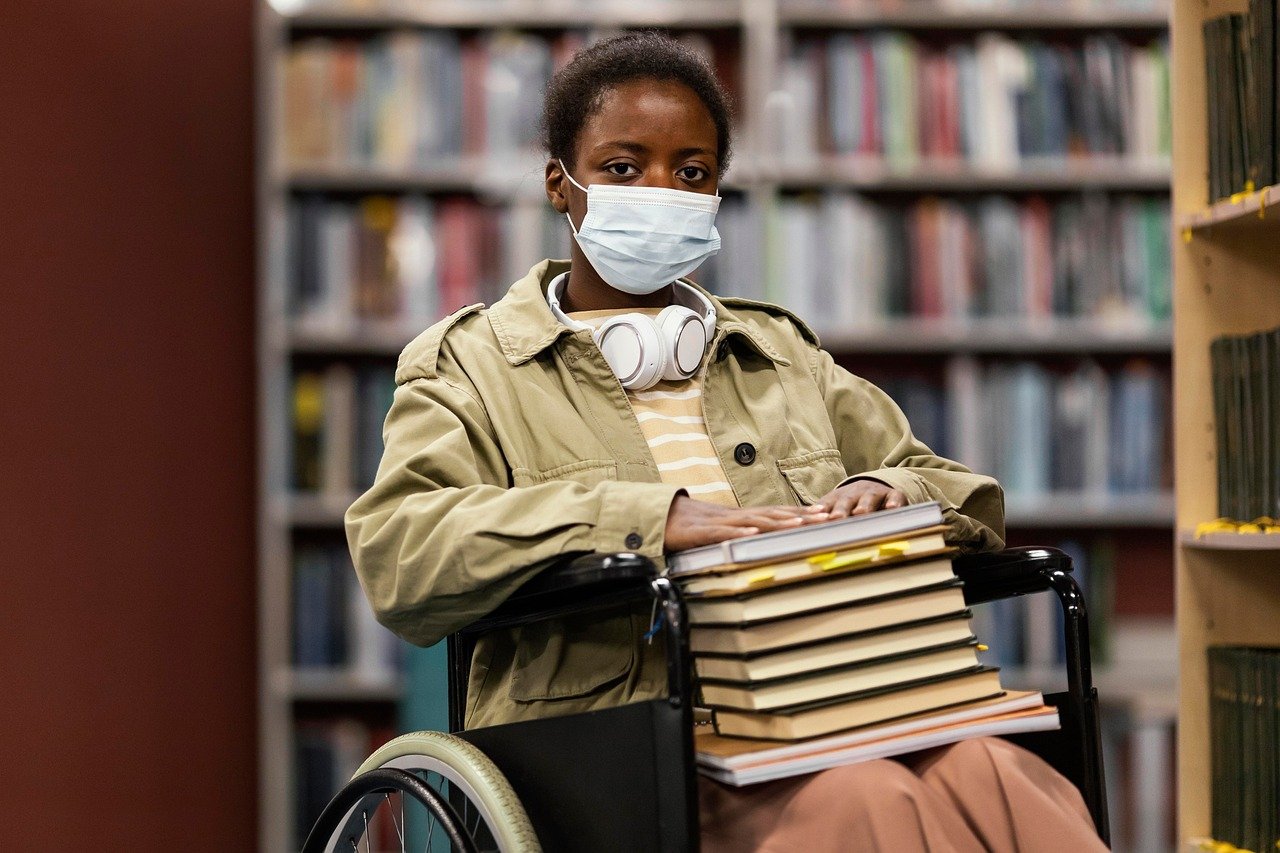Context
Children with special needs, such as learning disabilities (LD), attention deficit hyperactivity disorder (ADHD), and other developmental challenges, often struggle to thrive in traditional school settings. Mainstream educational systems, while designed to serve a broad population, may lack the flexibility, tailored approaches, and support necessary to accommodate the diverse needs of these children. As a result, many of these students face difficulties in academic performance, social integration, and emotional well-being, leading to high levels of school absenteeism and disengagement. The Smile Factory was established to bridge this gap by providing an alternative learning environment that caters to children with special needs, helping them overcome their challenges and promoting both educational progress and social independence.
The intervention targets children who have difficulty attending regular schools due to issues such as withdrawal, developmental disabilities, or behavioral challenges. By offering a supportive, inclusive space that includes both group and individual classes, as well as counseling for children and their families, the Smile Factory aims to create a nurturing environment where these children can regain confidence, improve their academic skills, and develop critical social competencies.
Solution
The Smile Factory intervention, operated by Toy Box, offers a comprehensive support system for children with special needs, focusing on personalized education and counseling. The program is designed to complement regular schooling by providing an alternative space where children can learn at their own pace and in an environment tailored to their specific needs. The intervention consists of two key components: educational counseling and flexible learning options.
Educational counseling is provided not only to children but also to their parents, helping families navigate the challenges associated with special needs education. This counseling addresses both academic and emotional concerns, fostering a holistic approach to each child’s development. For children who are unable to engage in group settings, Smile Factory offers individualized classes, ensuring that even the most vulnerable students receive the support they need to progress academically.
The intervention is divided into two phases. Phase 1 focuses on increasing the number of days students attend both Smile Factory and their original schools, aiming to gradually reintegrate them into the conventional school system where possible. Phase 2 expands on this by also measuring the number of educational consultations provided, ensuring that students and their families receive sustained guidance and support throughout the process. By balancing flexible educational approaches with targeted counseling, the intervention works toward improving school attendance, enhancing learning outcomes, and promoting social independence.
Impact
The Smile Factory intervention is expected to have a transformative impact on children with special needs by addressing key barriers to education and social participation. By increasing school attendance and providing tailored educational support, the program helps children regain confidence in their ability to learn, reducing the risk of long-term disengagement from education. The provision of both group and individual classes ensures that even children who face significant difficulties in traditional classrooms can participate in a supportive learning environment suited to their needs.
Beyond academic progress, the intervention promotes social independence by fostering a sense of belonging and encouraging positive interactions with peers and educators. The regular educational consultations offered to families equip parents with the tools and knowledge to support their children’s development at home, creating a consistent support network that extends beyond the classroom. Over time, the program is expected to increase not only the educational attainment of participants but also their emotional well-being and social skills, enabling them to transition more smoothly into adulthood.












